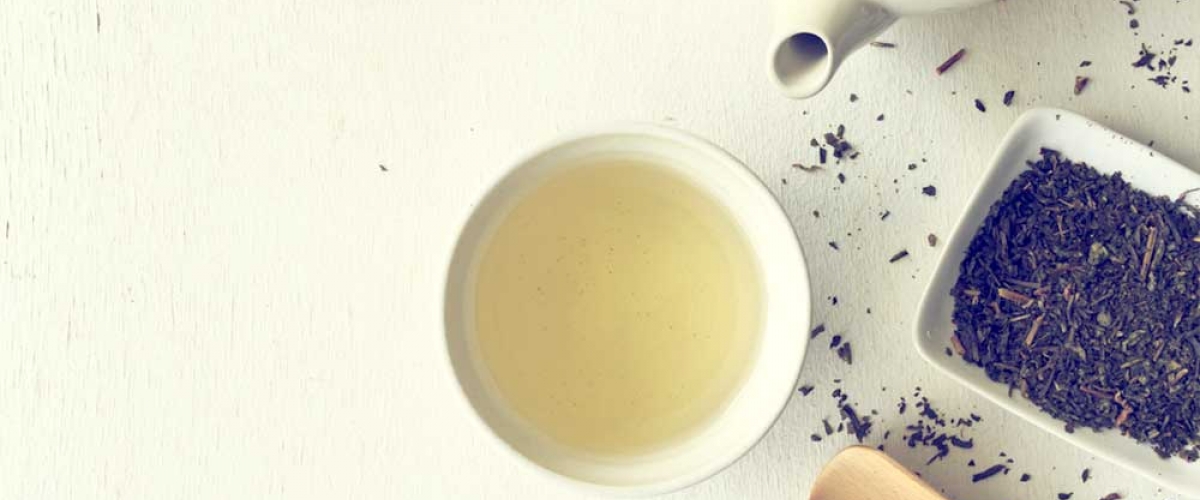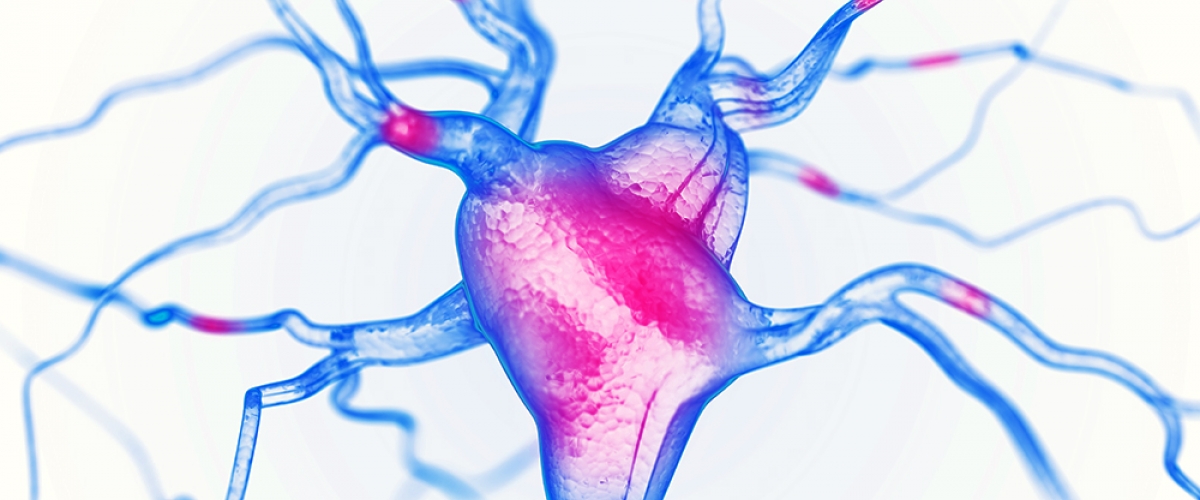In the second part of this two episode series, Dr Mark Donohoe returns to dive deeper into the various treatments used to combat a poor nights' sleep.
Anxiety disorders appear to be caused by an interaction of biopsychosocial factors, including genetic vulnerability, which interact with situations, stress or trauma to produce clinically significant syndromes. Symptoms vary depending on the specific anxiety disorder.
In this podcast Trudy dives into GABA and the gut-brain axis as well as the role of methylation and histamine in mood disorders. She also discusses the clinical issues to be aware of in managing patients with a history of benzodiazepine use.
Trudy takes us through the core neurotransmitters that influence our mood and behaviour and how to recognise the patient presentation when they're out of balance.
Ananda Mahony to covers Part 2 of Holistic Pain Management. Today Ananda dives in to the evidence-based herbal and nutritional interventions for pain as well as the other modalities that can be employed successfully to help improve patient's wellbeing and quality of life.
Fluoride is primarily known for its effect in strengthening the enamel. However, despite this mechanism of action, tooth decay is still considered to be a significant problem in Australia and one that water fluoridation has obviously not resolved.
In a 2016 published study, researchers evaluated the anti-stress, cognitive and neurophysiological effects of L-theanine in healthy adults. They found this amino acid was effective at reducing stress levels after various cognitive stress tests.
Gamma-aminobutyric acid (GABA) is widely distributed throughout the central nervous system (CNS) and is the major inhibitory neurotransmitter in the brain. Reduced GABA levels, or impaired GABA function, in the brain has been linked to psychiatric and neurological disorders including anxiety, depression, insomnia and epilepsy.










